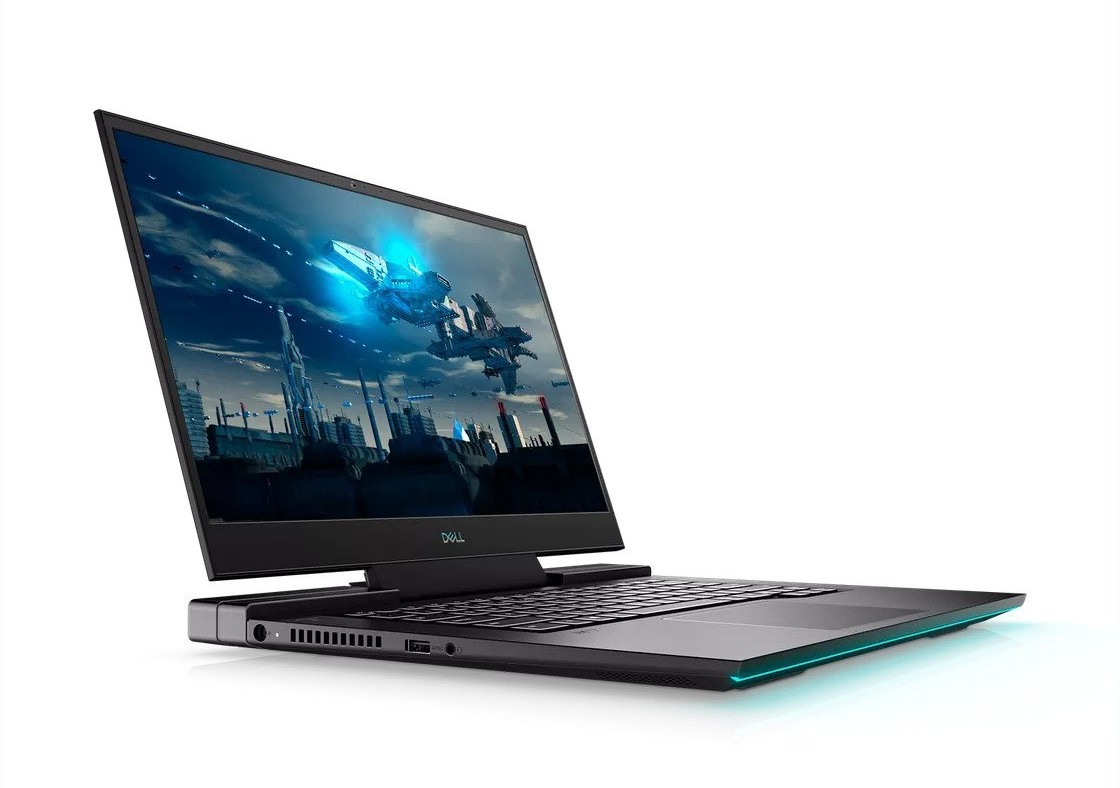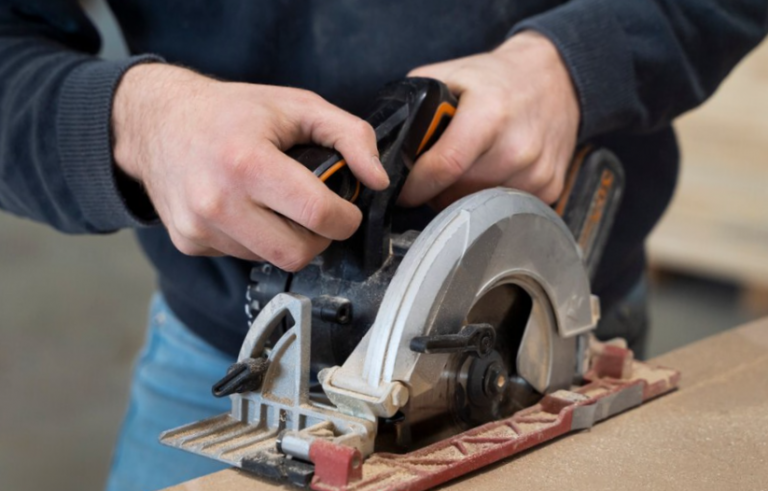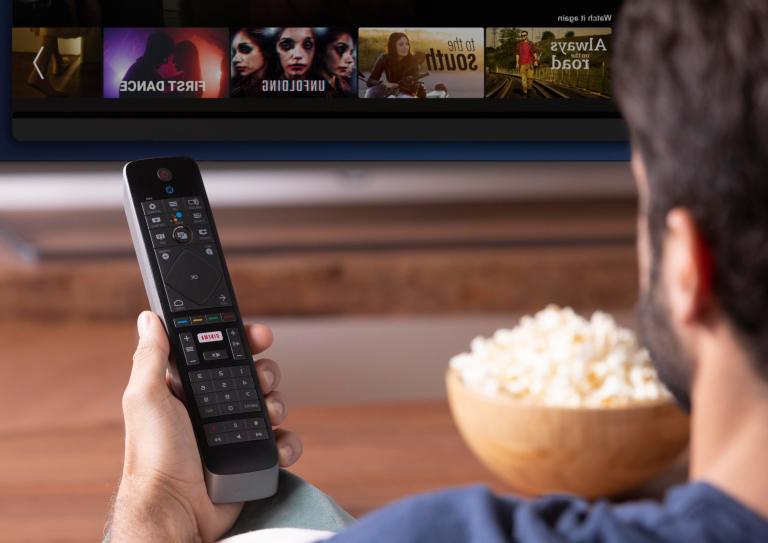Are you looking for a perfect powerful laptop for everyday school use, home, or business administration? Then, it would be best if you considered some tips before buying a quality one. Laptops have a built-in keyboard and a touchpad, designed mobile and convenient, and are incompetent to be folded flat for translocation. You could decide upon your budget and need to think thoroughly about what you need before submitting your money. There is a broad variation in sizes and specifications, which makes a challenge for selecting the best one. Here in this buying guide, we will cut across some of the puzzlement you face before buying a quality laptop.
Pick a Size and Decide Screen Resolution
A laptop’s screen size demonstrates the overall size of the framework. Mostly, they come in screen sizes that span from 11 to 17 inches, and the whole system is the sort to fit the display. That means a smaller screen provides more compatibility and better portability than a bigger one.
A 15-inch model provides an excellent compromise and portability and is best for you if you don’t move the laptop much. If you plan to use on your lap and carry it around and want something super-lightweight, then the display of 11 to 14 inches is optimum for you. Get a 17-inch powerhouse only if you’re going to stay it on your desk for playing high-end games or do work-station level productivity.
If you are looking for a “full HD” resolution, get a laptop with at least 1920 × 1080 screen resolution. The more the Resolution, the more it will be easy to see texts and icons smoothly.
Check the Keyboard and Touchpad
For a long typing period, you will need to get a laptop with a comfortable layout with full-sized keys and sufficient space between the keys, and also it provides reliable tactual feedback. Along with this, the touchpad needs to work very well. It should give a jumpy cursor and performs continually to multi-touch gestures. Consider getting one with a pointing stick between the G and H keys to buy a business laptop.
Check the Key Spec
If your focus is towards the best performance like multi tasking, you should go for an Intel Core i5 Processor. The Intel Core i7 or AMD Ryzen is also useful as it makes your entire program load faster. Some larger laptops also now integrate Intel Core i9 Processors and are even more potent than i7 core processors. Furthermore, you should also consider the RAM as it enables the laptop to increase the speed and works more efficiently. The RAM should be a minimum of 8GB or more.
You’ll need a laptop with a customized AMD graphics chipset or Nvidia for a better gaming experience. However, some hold “Intel HD Graphics” through which you can play simple 3D games at low Resolution.
Check the Battery Life and Storage
If you want a laptop as your travel companion, then go for a small, portable, and light one, which generally provides more battery life, usually more than 8 hours. The reason behind this is, it holds a smaller screen with less powerful low voltage processors.
Furthermore, if you want a laptop for home use or business administration, you should buy a minimum of 500 GB SSD Storage. An SSD on a desktop PC makes a laptop feel far quicker, more responsive, and boot faster. Such laptops are a bit expensive but are worth looking at if you can afford them. PCI-Express SSDs are typical nowadays, present in the high-end good quality laptops, and gives quicker performance than regular SSD. They are savage if your wallet can afford them.
The responses below are not provided, commissioned, reviewed, approved, or otherwise endorsed by any financial entity or advertiser. It is not the advertiser’s responsibility to ensure all posts and/or questions are answered.






